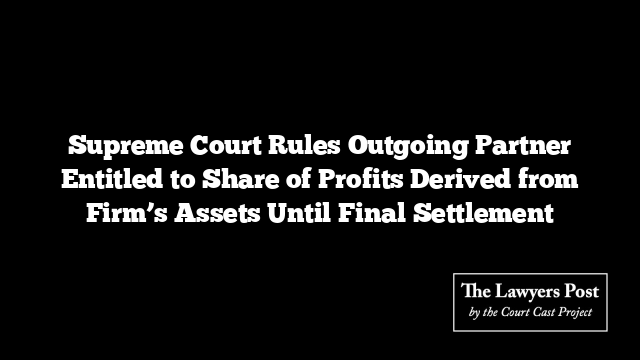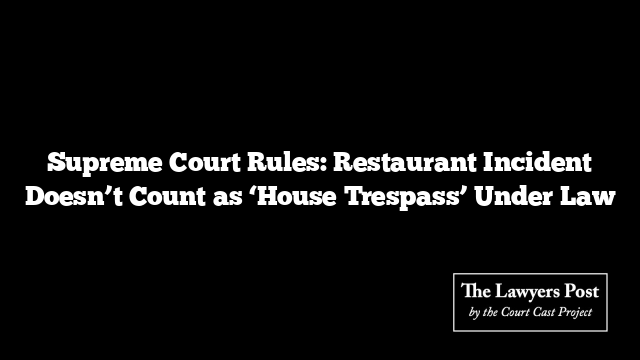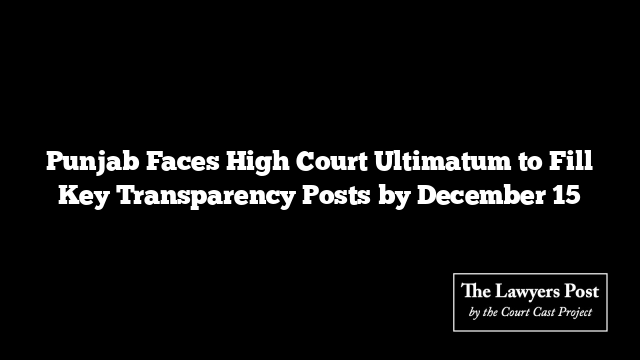In a landmark decision, the Supreme Court has affirmed that an outgoing partner retains the right to a share of the profits generated from their portion of the firm’s assets, even after the partnership is dissolved. This right persists until a final settlement of accounts is reached, ensuring fairness in the division of assets and profits.
The bench, headed by Chief Justice DY Chandrachud, with Justices JB Pardiwala and Manoj Misra, ruled on a case involving the dissolution of Crystal Transport Service, a partnership formed in the 1970s. The dispute arose when one partner claimed that funds were diverted from the firm without consent, leading to a fight over the distribution of assets and profits after dissolution.
In this case, the appellants argued that the respondent’s demand for profits after the firm’s dissolution was unjustified, particularly since they contended that no firm assets were used by the appellant company beyond the dissolution date. However, the Supreme Court disagreed, highlighting that if an entity continues to operate with the partnership’s assets without the outgoing partner’s consent, the latter is entitled to share in the profits derived from their share of the assets.
The Court cited Section 37 of the Partnership Act of 1932, stating that the plaintiff, as an outgoing partner, could seek accounts and a proportionate share of the profits until all assets are settled. The ruling emphasizes that the exact extent of the appellant company’s use of the firm’s assets will be determined through evidence during the final decree proceedings.
This decision reinforces the rights of outgoing partners and ensures that their interests are protected even after the formal dissolution of a partnership, paving the way for more equitable business practices. The appeal by the appellants was dismissed, upholding the rights of the plaintiff in this matter.





